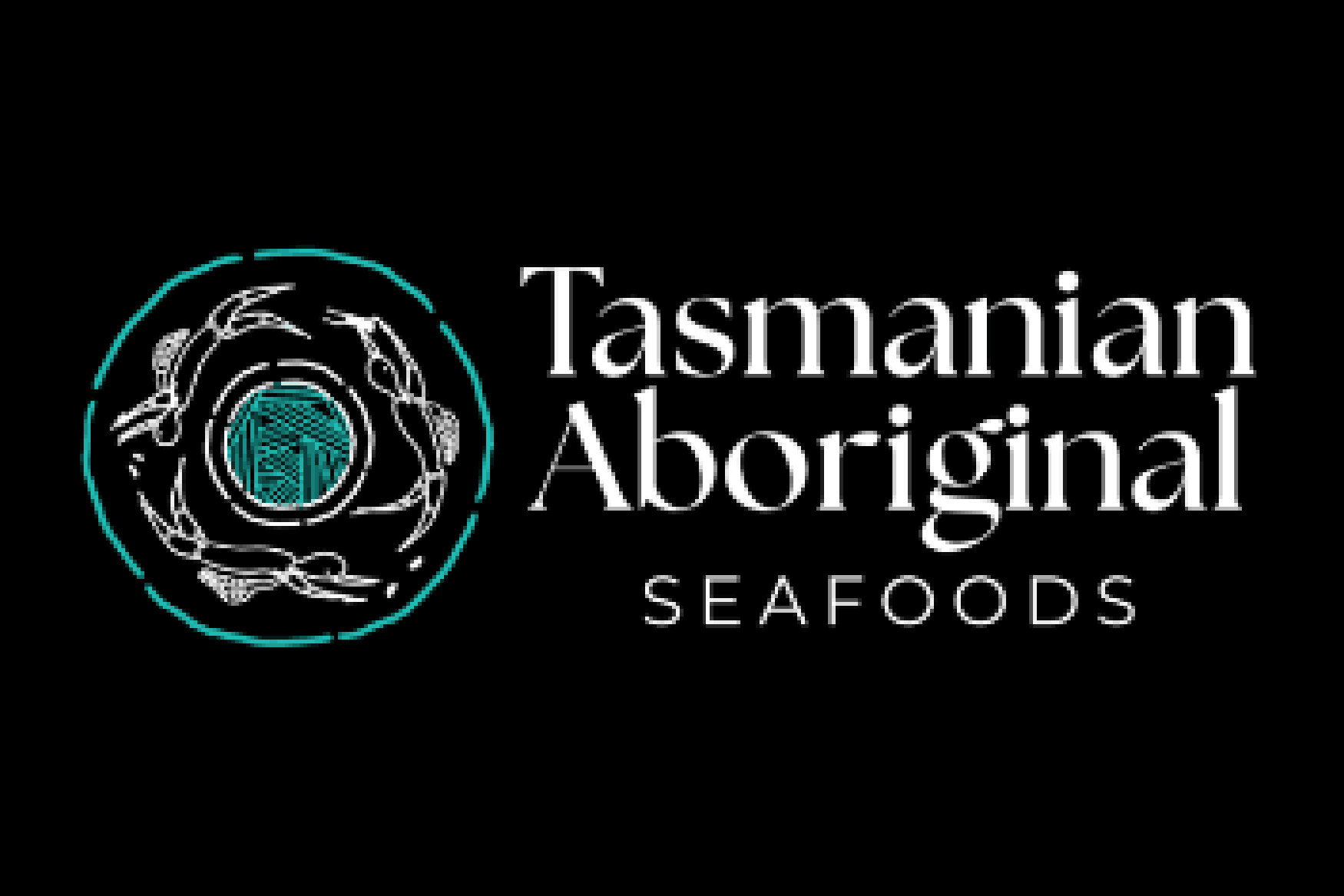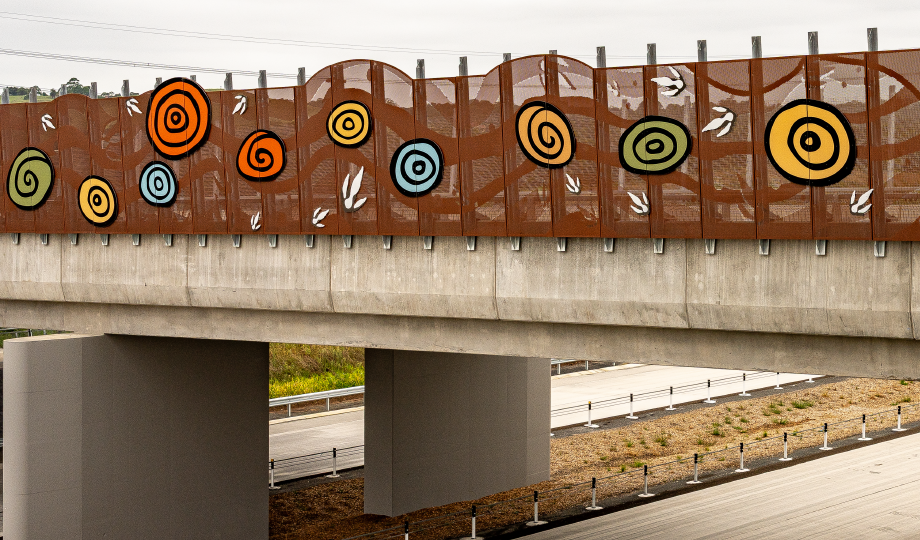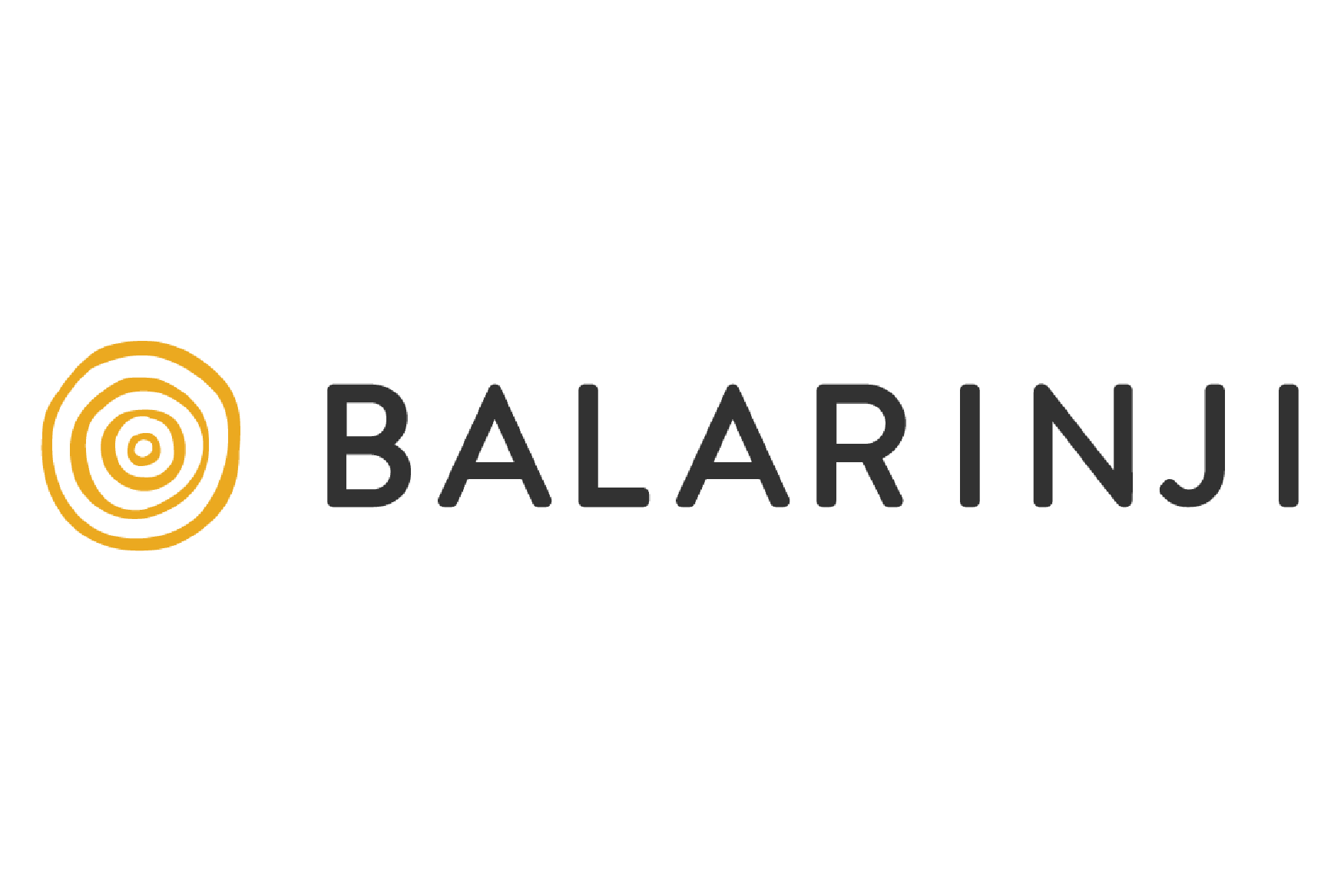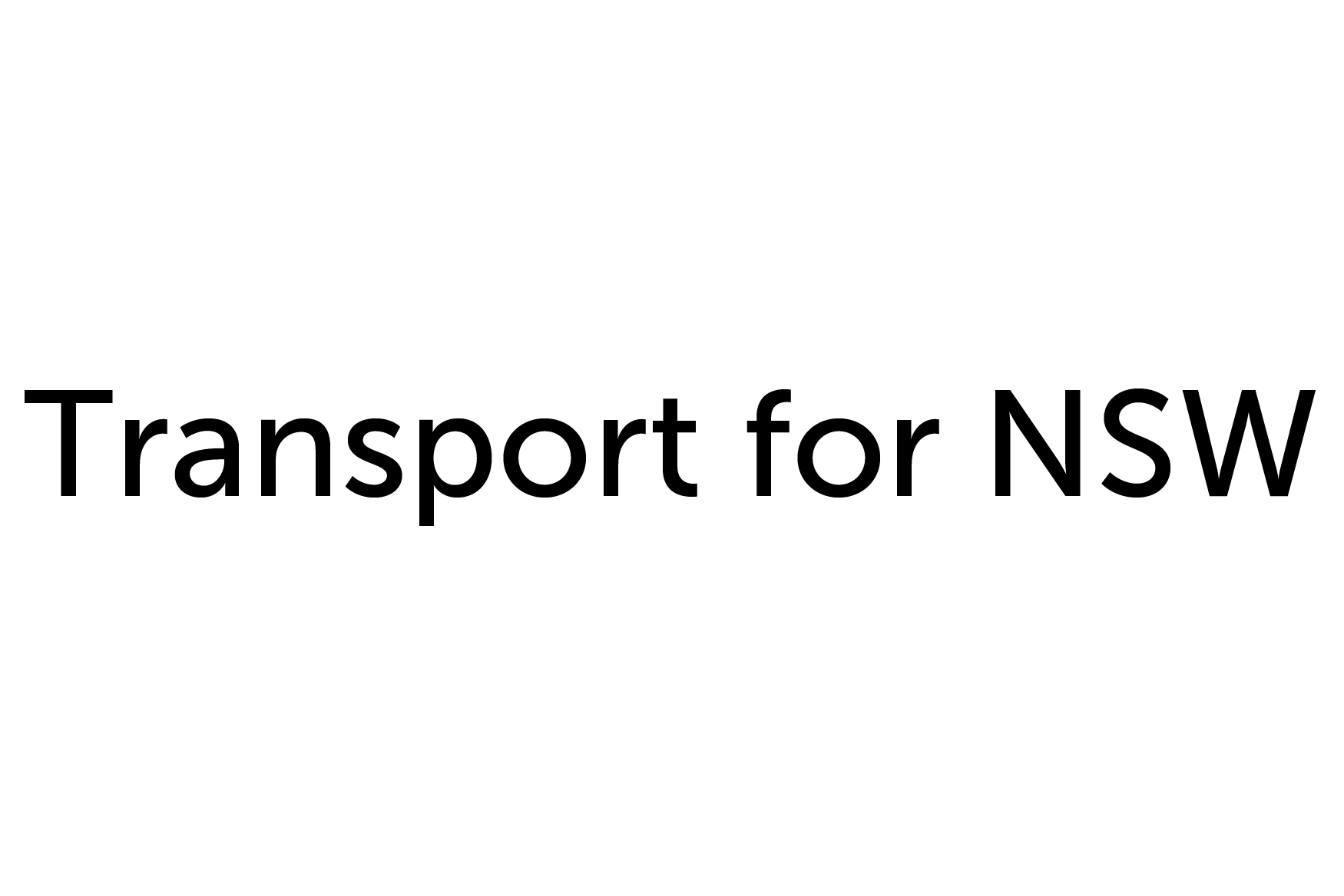
Tasmanian Aboriginal Seafoods: caring for Sea Country
Indigenous peoples have been caring for Land and Sea Country for tens of thousands of years, so it is only natural they are creating high-quality, sustainable food products prized by restaurants and consumers.
Abalone was traditionally collected by women freediving in the cool, pristine waters of south-east Tasmania, holding their breath for many minutes.
The right to fish and care for Sea County has now been established in Tasmanian legislation.
Established in 2022, following a historic agreement between the Land and Sea Aboriginal Corporation Tasmania (LSACT) and the Tasmanian government to lease 40 commercial abalone units, Tasmanian Aboriginal Seafoods is a small fish in the Australian abalone industry.
The enterprise has around 1.2% of the national market but is the only supplier of premium wild caught Tasmanian abalone, harvested with 40,000 years of knowledge and tradition.
By fishing both sustainably and culturally, the business is creating food systems that help to heal Sea Country and strengthen communities.
Tim Russell-Jarvie, General Manager of Tasmanian Aboriginal Seafoods, says the high-quality product has been welcomed in the Australian market.
“Abalone is a keystone species for the Tasmanian Aboriginal community, especially in the south-east. Where you have fantastic healthy abalone, you have very good Sea Country and overall, a great sea ecology.”
“We are proud of our commitment to supply a premium product to the Australian domestic market given it’s largely a relatively high-value export commodity these days, with over 90% leaving our shores.”
"Women are of the sea, men are of the land, and everyone comes from Night Sky Country."
LSACT is the first not-for-profit operating commercial abalone fisheries in Australia and the first registered charity to do so globally. The initiative is also deriving returns from associated food tourism.
“It’s more than just a premium product with clear provenance; it’s about securing Indigenous rights to culturally fish. This has been a priority throughout the establishment of the commercial business.”
“Our focus must be on sustainability and management of an important contributor to the health of the ocean. We don’t fish over spawning when the abalone are weaker, and mortality rates can be higher.”
“We are creating higher value from the units and quotas we have, but also making sure we are providing pathways to employment for Tasmanian Aboriginal youth.”
Working with the Indigenous Land and Sea Corporation (ILSC) and the Tasmanian Government, LSACT is also furthering training and business opportunities through its ‘Wave to Plate’ initiative.
The Wave to Plate program is run and led directly by Tasmanian Aboriginal people, offering a supported environment to enable Community to gain and succeed in employment across fisheries, maritime industries, hospitality and tourism.
This program has specific benefits for Tasmanian businesses and industry partners by not only strengthening diversity and inclusion but importantly growing the cultural awareness and respect for Sea Country.
Employment opportunities are available right along the supply chain – in and out of the water, through to the customer.
Through this initiative, local Aboriginal youth can enter careers in fishery, hospitality and tourism, discover leadership opportunities and find culturally safe ways to reconnect to Sea Country.
Tasmanian Aboriginal Seafoods is a story of reclamation – where premium, sustainable food practices and products are anchored in culture and guided by generations of knowledge.



